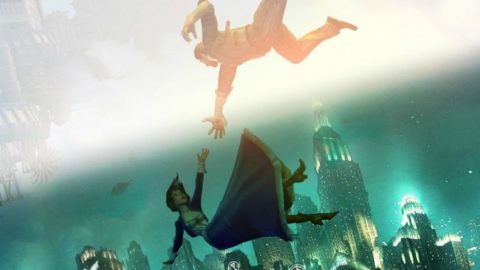
Owlboy is a masterful tale of transcending disability
My girlfriend speaks softly. She’s a ghost on the phone. If you ever met her in person, you’d lean in a little when she introduced herself. You could say it’s her personality. But you’d only be half right. The other half has something to do with a very large truck that collided with her small body when she was seven, leaving her in such a state that the doctors who treated her became locally famous. While the miracle docs lined up for pictures in the newspaper, Erin was still unable to communicate; it was years, she tells me now, before…







